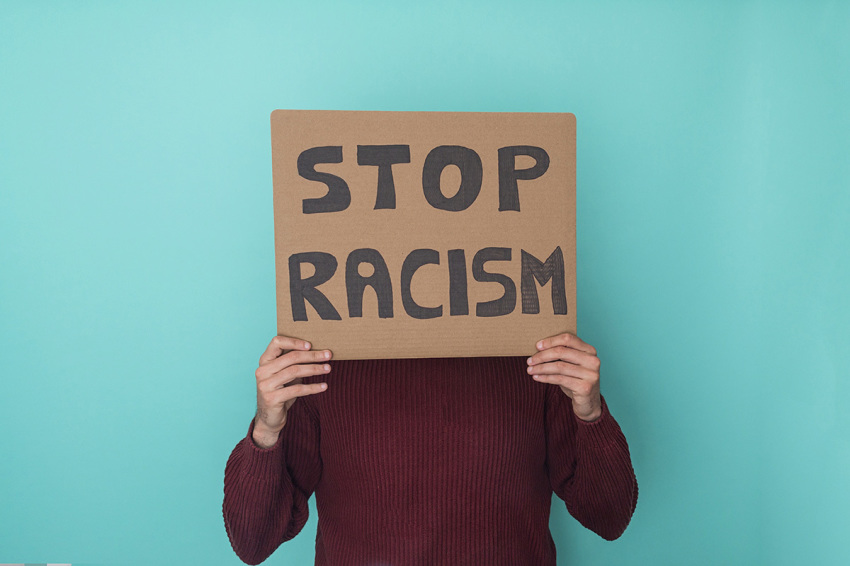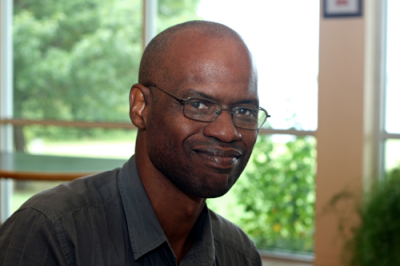Baylor scholar: 'Anti-racism' movement doesn't take seriously 'human depravity among people of color'

A Christian sociology professor who has researched “anti-racism” ideology says the movement, however well intended, fails to take into consideration the sinfulness of all human beings, including people of color.
George Yancey, professor at the Institute for Studies of Religion and Sociology at Baylor University in Waco, Texas, told The Christian Post that while he believes the anti-racism movement is an honest attempt to deal with America’s “institutional and structural racial issues,” he prefers to talk about a “racialized” society rather than a “racist” society.
Yancey said he does not deny that racism exists, but he seeks an alternative to the current conversation, which he says “no one is satisfied with” and too often involves people yelling past each other.
Part of the reason for that, he said, is that human depravity isn't taken seriously enough — and that applies across the board for all races.
“I think anti-racism fits into that notion of trying to force your ideas rather than listening and come up with better ideas,” said Yancey.
Anti-racism “ultimately fails because, I think, it does not take seriously human depravity among people of color, and the solution is not for one group to just capitulate to another group,” he added. “I do think that is a legitimate criticism of anti-racism.”

The sinfulness of humans, according to Yancey, degrades not only one's actions but how they view those around them through their own identities.
“Because of human depravity, as an African American, a white person can’t completely trust me to find the best solutions because I'm going to have an interest as an African American, nor can I trust a white person completely,” he said.
“I’m not trying to make a racist accusation,” added Yancey. “I mean, this is a human condition, so in order to neutralize that, I have to hear from that white person and that white person has to hear from me, and then we can work together to find solutions.”
Instead, Yancey wants to promote a better conversation on race using Christian principles for the benefit of not just those in the Church, but others as well.
“That does not mean that only Christians would benefit from it, but it does mean that my Christian faith informs me of the direction that I can go,” he said.
Yancey, whose book Beyond Racial Divisionrejects both the notion of colorblindness and anti-racism, also acknowledged the “legitimate critique” some conservative Christians have made against anti-racism as a “notion that the role of whites is to do what people of color want them to do.”
“I think that’s why when we employ anti-racism techniques that have this idea within it, many whites begin to resent it, and there’s research showing a backlash that can happen,” he said.
For Yancey, good theology can point people in the direction of a better solution, but that doesn’t mean only Christians can tap into this solution, which he said involves actively listening and responding in ways that the “other side” can understand and then coming up with solutions we can all agree on.
“I think until we do that, we’re going to have racial alienation in our society and it’s not going to significantly decrease,” he predicted.
When it comes to academia, Yancey — who wroteHostile Environment: Understanding and Responding to Anti-Christian Bias and co-authoredSo Many Christians, So Few Lions: Is There Christianophobia in the United States? — said the notion of privilege in our culture extends beyond racial lines to Christians as well, at least for some.
Acknowledging that the notion of “Christian privilege” is the “common theme out there,” Yancey said it all depends on the environment. Politically, for example, Christians, particularly conservative Christians, enjoy a certain level of power, while those same conservative Christians are underrepresented in education, cultural influence and among those of higher socioeconomic status.
So is Christian privilege real?
“I think the Christian privilege argument is over-exaggerated, and there’s not a recognition that Christians also have a disadvantage in certain areas of our society as well,” he said.
“I’ll be honest; in academia, it is a lot easier to be an African American than to be a Christian. I don’t think it’s even close,” he added.


























